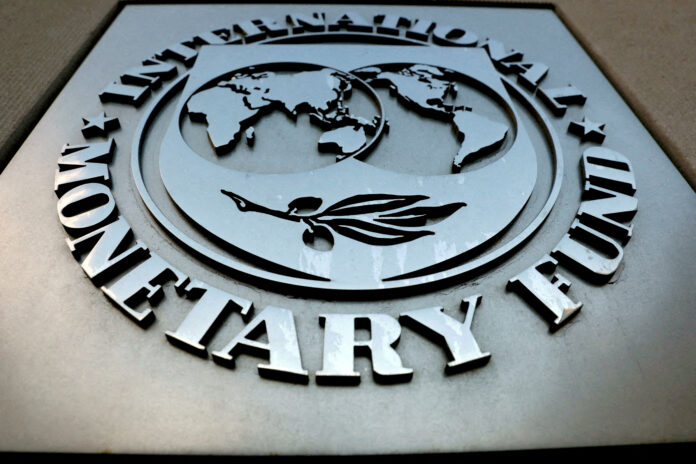The 24-member Executive Board of the International Monetary Fund has approved the proposal significantly increasing so-called the country quota of member countries like the Philippines.
Quotas determine member country financial commitments to the IMF that directly relates to their voting power and access to IMF financing. Its approval means the matter will be sent to the IMF board of governors who may consider its adoption.
This developed in the wake of guidance from the Fund’s international monetary and financial committee (IMFC) at the recently concluded annual meetings of member countries in Marrakech, Morroco.
“Concluding the 16th review with a quota increase will help preserve a strong, quota-based and adequately resourced IMF at the center of the Global Financial Safety Net. An adequately resourced IMF is essential to safeguard global financial stability and respond to members’ potential needs in an uncertain and shock-prone world,” IMF managing director Kristalina Georgieva said following the Executive Board’s decision.
The proposal is centered on an increase in quotas of 50 percent, allocated to members in proportion to their current quotas. The quota increase would enhance the IMF’s permanent resources and strengthen the quota-based nature of the Fund by reducing the reliance on borrowing and thus ensuring the primary role of quotas in Fund resources.
The proposal anticipates that once quota increases are in effect, borrowed resources comprising the bilateral borrowing agreements and new arrangements to borrow (NAB) would be reduced to maintain the Fund’s current lending capacity.
Member countries have acknowledged the urgency and importance of quota share realignment to better reflect members’ relative positions in the world economy while protecting the quota shares of the poorest members.
According to the IMF, many members would have supported a quota realignment along with the proposed quota increase.
Hence, another critical element to the proposal is a call on the Executive Board to work to develop, by June 2025, possible approaches as a guide for further quota realignment, including through a new quota formula, under the 17th General Review of Quotas. Work to implement this guidance will begin as soon as feasible after the conclusion of the 16th Review.
“The proposed quota increase comes at a complex time for the global economy and the IMF’s membership. In the spirit of international cooperation, I am hopeful this proposal will garner the broadest possible support from the membership, and that we will then make progress on a quota realignment under the 17 th Review,” said IMF chief Georgieva.
“As the world grapples with rising fragmentation, today’s decision is a strong signal that the membership can still come together in support of cooperative solutions that instill confidence in the IMF’s ability to effectively support its membership navigate a challenging global landscape,” she said.
The Executive Board has requested that the Board of Governors vote on this proposal by December 15 this year.
Approval by the Board of Governors requires an 85 percent majority of the total voting power.
The Philippines no longer borrows from the IMF when it exited from decades of IMF support on December 28, 2006 after paying in advance the last of its outstanding obligations worth $220 million.







